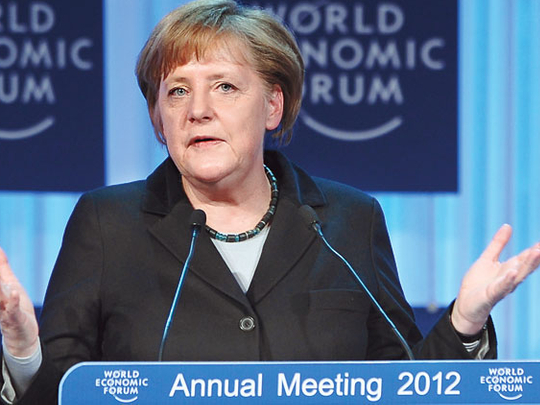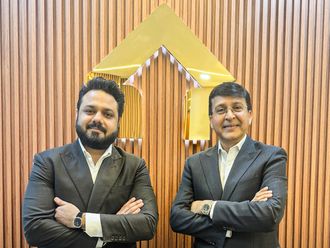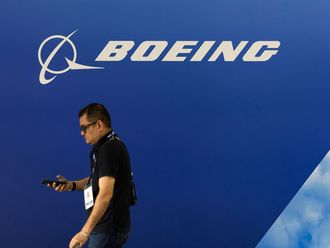
Davos: German Chancellor Angela Merkel said last night that Europe and the European Union was key to a functioning political and economic order.
In her opening speech at the Davos summit in Switzerland, Merkel also said that the single currency needed political support and stressed that Germany was on board in the battle to defend the EU.
“Europe is a great and magnificent achievement,” she said.
“Europe was a work of peace when it was created. When it was set up 2.5 billion people were on the planet, and now the world now has 7 billion people, (but) Europe has stayed the same. So how can we maintain our position in this world?
“This is only possible through a united Europe, and this is what motivates us to go through this crisis.”
Merkel also said that “sufficient lessons” had not yet been learned from the financial crisis. She said that she was disappointed that the Doha Round had not yet been brought to a conclusion, and pointed to OECD concerns that protectionism was on the increase.
“The problem is described as one of sovereign debt, but we have to admit that it is also a problem of competitiveness. In addition, for those European nations that share the euro as a common currency, there is a clear lack of political structures to make this project work,” she said.
“This structural weakness came to light during the global crisis, and now we have to do something about it. We have faces a very serious erosion of confidence, but the world outside is expecting us to stand up for ourselves.”
Looking forward the German chancellor pointed to successes in Portugal and Ireland, and also said that while more work was needed in Greece, ‘a lot’ had already been done.
“On January 30, we will have an extra-ordinary meeting of the European Union and increasing employment will loom large on the agenda,” she said.
“We need to look at what we can do about jobs and find the best experience to solve the issue. We need to find how we can use our funds to the best ability. When we find youth unemployment in some European countries are between 20 to 40 percent, it is not surprising you find strong disillusionment.”
She also pledged German support for the euro, a welcome development given speculation and some criticism of Germany’s role in shoring up the single currency.
“I am convinced that we can keep this whole Europe together,” she said.
“We (Germany) wish to stand up for the euro, but we do not what to promise something that we cannot fulfill. If Germany promises something that it has to do if the markets really attack us, then we have an open flank.
“Looking ahead to the next G20 we should not talk about Europe exclusively. We also need to work on growth and employment, as well as food security, climate protection, energy, financial regulation, and free world trade,” she said.












